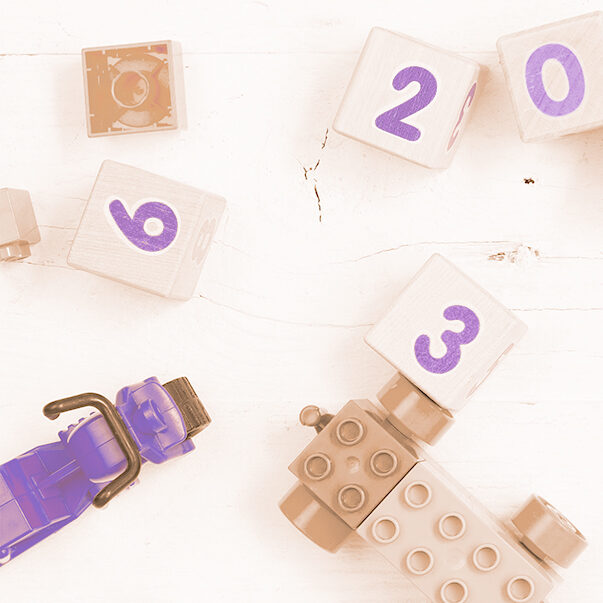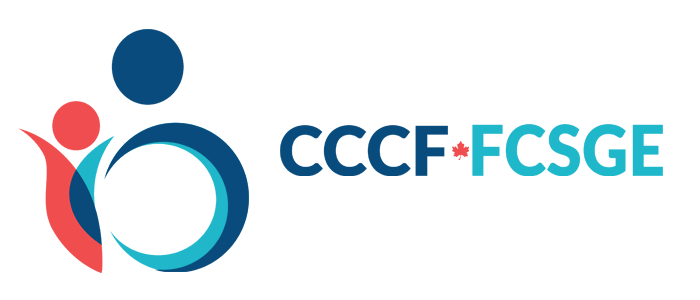Hospitalization of a child can be a frightening, stressful event for both children and parents. Often there is no preparation time before illness or injury occur. Discussions and planning can take place prior to an emergency or elective surgery. In either case, preparation for a hospital stay can help to ease children’s and parents’ fears, and help make the hospital experience as pleasant as possible.
The following suggestions about preparing for a hospital stay will depend on the age of the child, the distance of the family home from the hospital, the length of preparation time and the amount of dialogue among the key people involved – the child, parents and hospital staff. The list below may inspire you to come up with your own suggestions!
- Enquire if the hospital has organized tours for children being admitted. If one is not available, perhaps a personal tour could be arranged. If that is not possible either, show your child the location of the hospital in relation to his/her house by driving or walking there.
- Encourage your child to talk about the approaching hospital experience and to express his/her feelings by reading some of the many books related to the subject. Be careful about using explicit books; they may create frightening images in the mind of a young child.
- Ask doctors and nurses questions about your child’s illness, injury or operation and the medical procedures he/she is to undergo. Hospital staff may not know the extent of your understanding of your child’s condition.
- Encourage your child to ask the doctors and nurses questions about his/her treatment. Hospital staff are trained to respond in a way that is appropriate to your child’s age.
- Enquire about your child’s daily hospital routines and whether hospital staff would like assistance in performing them. Hospital staff usually welcome parent involvement and recognize that parents know their children better than they do.
- Label everything that your child brings to the hospital with his/her name. The experience can be traumatic enough without losing a favourite stuffed toy.
- Encourage your child to bring as many familiar things as physical space permits – favourite pyjamas, special pillow, prized toys and family photos. Perhaps one small personal item from each family member could be included. Check with hospital staff about available storage space.
- Talk with hospital staff before bringing presents. Many hospitals have play areas where creative play takes place and where staff trained in child development try to make a child’s stay as pleasant as possible. Ask staff for ideas for gift suggestions.
- Enquire whether a parent may stay overnight and where the bed is located. Is there a telephone available to keep in touch with family members? Where is there food available?
- Keep the lines of communication open among you, your child and hospital staff. Fear of the unknown increases anxiety. Your informed involvement and support will help alleviate some of that anxiety for both you and your child.
Children’s Books About Hospitalization / Separation
- Visit to the Sesame Street Hospital – Deborah Hautzig
- Franklin Goes to the Hospital – Paulette Bourgeois
- Curious George Goes to Hospital – Margaret Rey and H.A. Rey
- My Brother Needs an Operation – Anna Marie Jaworski
- Madeleine – Ludwig Bemelmans Emergency Mouse – Bernard Stone My Doctor – Harlow Rochwell
- Runaway Bunny – Margaret Wise Brown Goodnight Moon – Margaret Wise Brown A Trip to the Hospital – Kim Watson Going to the Hospital – Fred Rogers
Additional Resources
Kids Fun Stuff, The Hospital for Sick Children, online resources for children to get familiar with hospitals. www.sickkids.on.ca/kids/default.asp
Your Child in the Hospital: A Practical Guide for Parents, by Nancy Keene & Rachel Prentice












